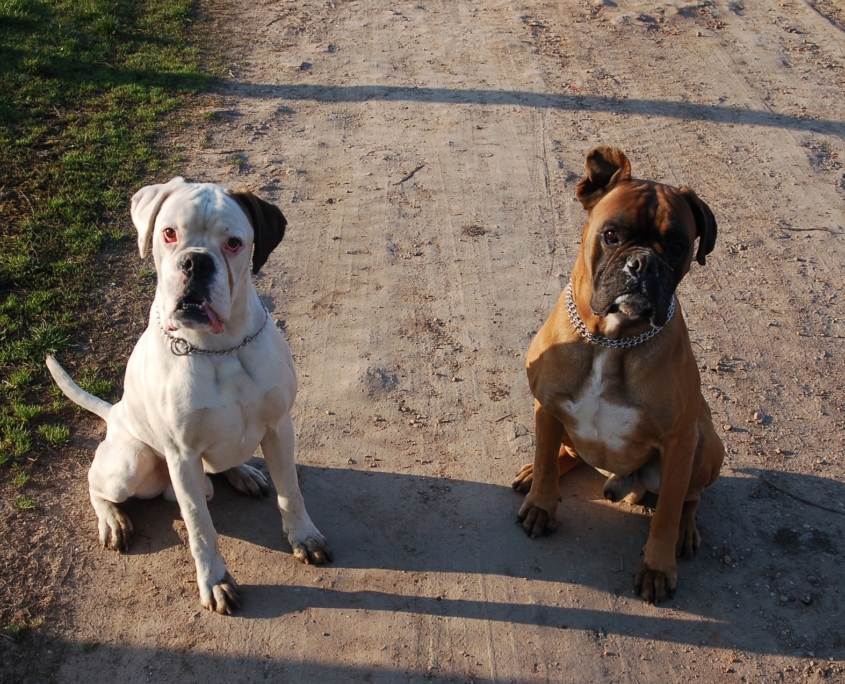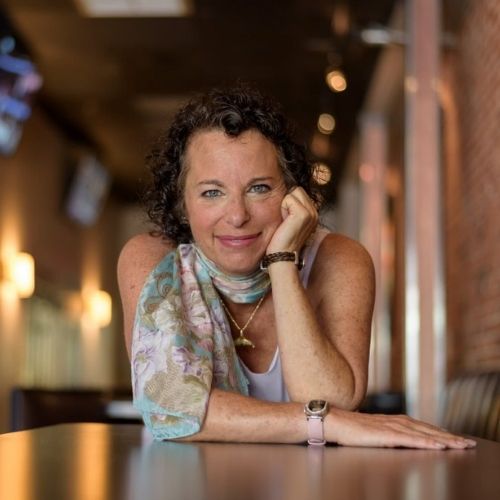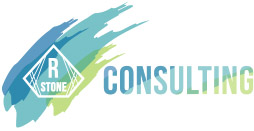4 things to do INSTEAD of “Should’ing”
Last fall
I participated in a book club. The first book we read was The Crossroads of Should and Must by Elle Luna. It was a great, quick, impactful read that really landed for me. Ever since reading this book, one friend in particular now holds me accountable whenever I start to ‘should’ either on her or other friends in our circle. It comes up a lot in conversation for us since I have a bad habit of ‘should-ing’ on others (I am a work in progress!).
Then last week I participated in a training webinar given by the ICF-CF, “Exploring the Intersection Between Conversation & Connections” with Navigen Leadership’s Michele Norris and the ‘should-ing’ came up. She was sharing how whenever somebody tells you that you should do something, you automatically got that push back in your belly against whatever you were being told you should do.
I know I immediately feel resentment in my gut no matter what the should is. Indeed, we humans do not like being told by other humans what we should or should not do.
Now, whenever I hear or see messages in my life more than a couple of times, I perk up and pay attention. Between the book, the training webinar, and all the conversations I have had about “should” in between, I felt it was time to travel down this rabbit hole.
In these extreme times
I say to you with the utmost respect, now is not the time to ‘should’ on your friends, family members, former or current peers and colleagues. Not should-ing on them is the absolute best thing you can offer them, ourselves, and loved ones working to find their way through all that is going on in their worlds right now.
And I get this is hard for so many to do! Me included. Many of us are ‘fixers’…. We want to do all we can to relieve our loved ones’ pain, to move them forward in their journey. But maybe that is not the best way to help them, after all.
What do you mean by ‘don’t should on me’?

What do you mean by don’t should on me?
I see this happening on two fronts: one is to us by others (and we all do it) and the other is, well, us doing it to ourselves!
First, we have been should on our entire lives by others. And it starts at home and school. Then we take these messages and adapt them into our belief systems. As a young adult I heard, “You should get a college degree” and, “You should be married before you are 25” and “You should go back to work after having a child”.
We then embrace these messages as our own and should all over ourselves. We put a massive amount of pressure and high expectations on ourselves when we are wrapped up in “I should” language. We continue to do this until one day we realize this was not our idea in the first place! THIS is when one starts to ask themselves more succinctly, “what do I really want or need?”
So yes, when raising children, I actually do believe should-ing is necessary to some extent, especially for the very young. But that is it! For instance, a young child actually will need to be told they shouldn’t touch a hot stove. It is part of the learning and growing process. It teaches the difference between right and wrong, good decision making, evaluation, judgement, and choices.
What happens when adults should on each other? It leads to resentment, bad feelings and will even end a relationship. It can leave the habitual should-er, wondering what they could have possibly said to get the other person’s nose so bent out of shape.
Let me share from my own personal experience. I had no idea I was should-ing all over someone I considered a friend. One day, I pointed out that their gutters needed to be swept out, which led to them blowing up at me. I can promise you, it was not pointing out that the gutter needing cleaning that caused the blow up – it was my ongoing should-ing. This was the final straw and end of this friendship. Note to self: do not should on others.
It takes effort not to should on others, or yourself.
How to stop the should-ing madness?

Listen
What I mean by this is activate your mute button, put your listening ears on, and just listen. So many people just need their stories heard, to be listened to. Be the ear they need, let them get their stories out. It is cathartic. They have just been through a major trauma and are a bit shell shocked right now. Letting them get their story out will help them start to consider how they want to continue their story forward.
Listen without judgement for the messages tucked inside the words: shock, disbelief, pride, fear, anger, confusion…..hope, possibilities, opportunity, pivot, passion. Lastly just be with them in the moment and be empathetic. They will ask you for your opinion or questions when they are ready for your input.
Be an active participant in the conversation
I get this is contradictory to what I recommended to you above about listening. A good listen will always lead to an active and productive dialogue. Instead, ask how you can support them. For instance, statements such as How can I best support you through all this?, or, If I see something relevant (job posting, lead on something) do you want me to make you aware of it? Is there more? What else?

Notice how not once did I say or suggest as a question what they ‘should’ do. Avoid the word!
Respect
There is not one person on this planet who has not been impacted by what has happened including you. Cast no judgement on others who may be having a harder (or easier time) dealing with what is happening. We all have different belief systems, priorities, and values that we are trying to balance with physical health, safety, and mental well being. Everyone’s situation is different. You will see it all.
Support
Lastly, everything mentioned above will provide support to those who need it without should-ing all over them. When you are providing the above – a safe place to vent and be heard, an active participant in the dialogue and respect regardless of the situation – then it makes it easier for the person to ask for more direct and tangible support. They will let you know! I promise. Just stay away from should-ing all over them. And yourself.
Remember that fabulous book I mentioned at the top of this? You can find it online and I highly recommend it if you are a reader! If you are more of a visual learner, there was a wonderful talk the author Elle Luna gave in 2015. It provides a great overview of her book, and the ‘why’ and ‘how’ behind her writing it (really good stuff!).
Elle Luna Talks at Google 2015
ABOUT RACHELLE

Hi I’m Rachelle Stone. I was a 25+ year veteran of the Meeting & Convention Industry who, in 2014, left to transition to full time Consulting & Coaching after my implosion (yes, I burned out!). I now guide stressed out business owners and executives through the strategic steps needed to break through plateaus and ceilings, accelerate their growth, increase profits, and reach their goals WITHOUT burning out.
BEFORE YOU GO
Want to stay in touch? You can join my mailing list here. I send one monthly newsletter (If I’ve something to say!) and post one blog a month only – who has time for more? We are all busy!! Easy consumption on your part and NO SPAMMING ever. Or if you’d prefer, you can connect with me on LinkedIn here.
Are you a high performer who can’t say no and fears burnout? I love to coach high performers through the process of learning how to set boundaries and navigate the challenges of being a high achiever WITHOUT burning out. Coaching provides you with an outside perspective, someone to hold you accountable to your goals and get you to the finish line quicker – an advocate for your success. Let’s chat for 30 minutes on my dime and see if we are a good match to work together on your journey.
And if you (or someone you know & love) are anything like I was and would rather be more like what I have become – someone who wants to do great things in your career while still loving your life – I invite you to hop on over to my website and take a look around. There’s a cool and quick assessment you can pick up for FREE which will help you determine your current state of capacity and balance right on the home page. Then let’s stay in touch!



